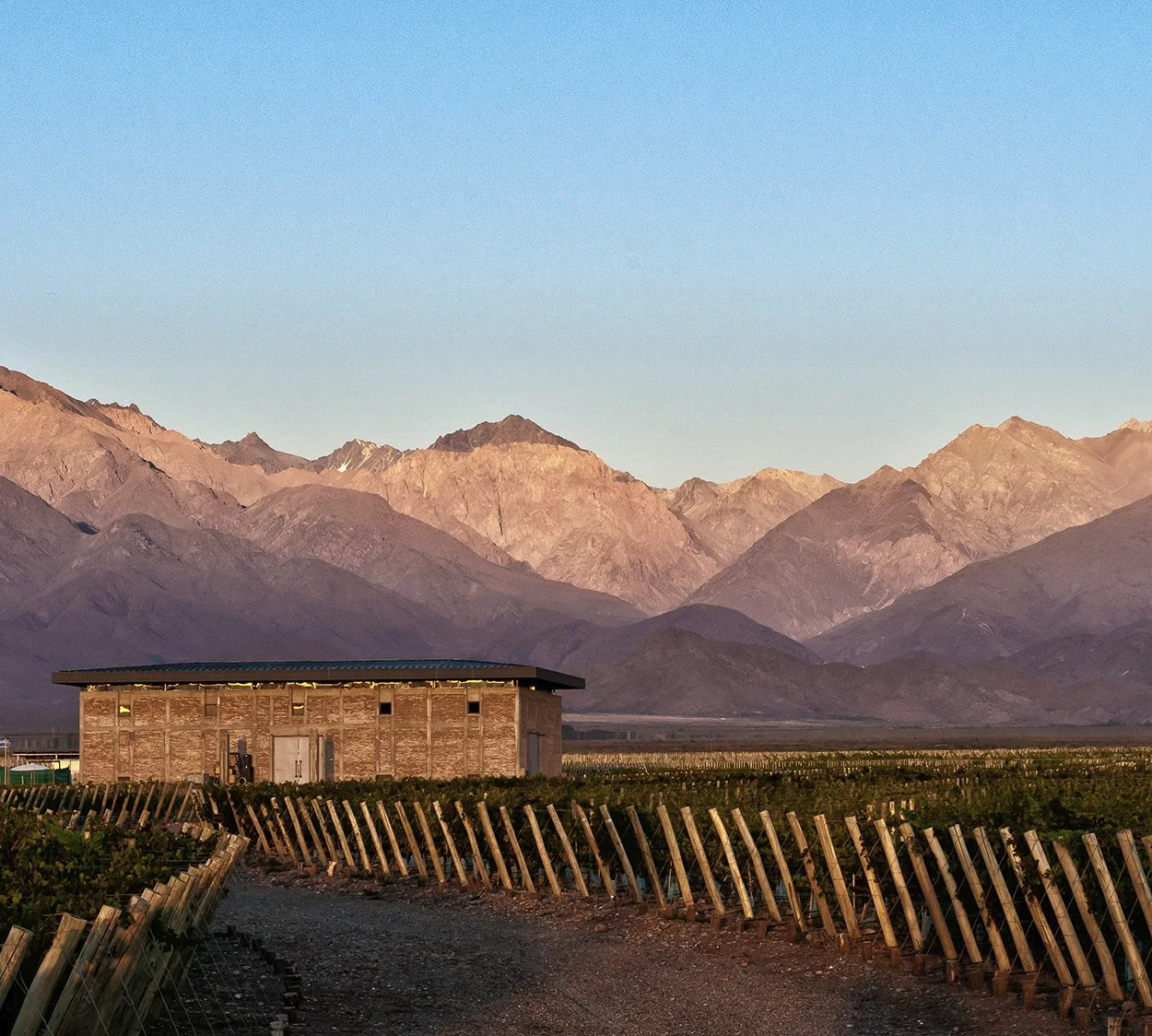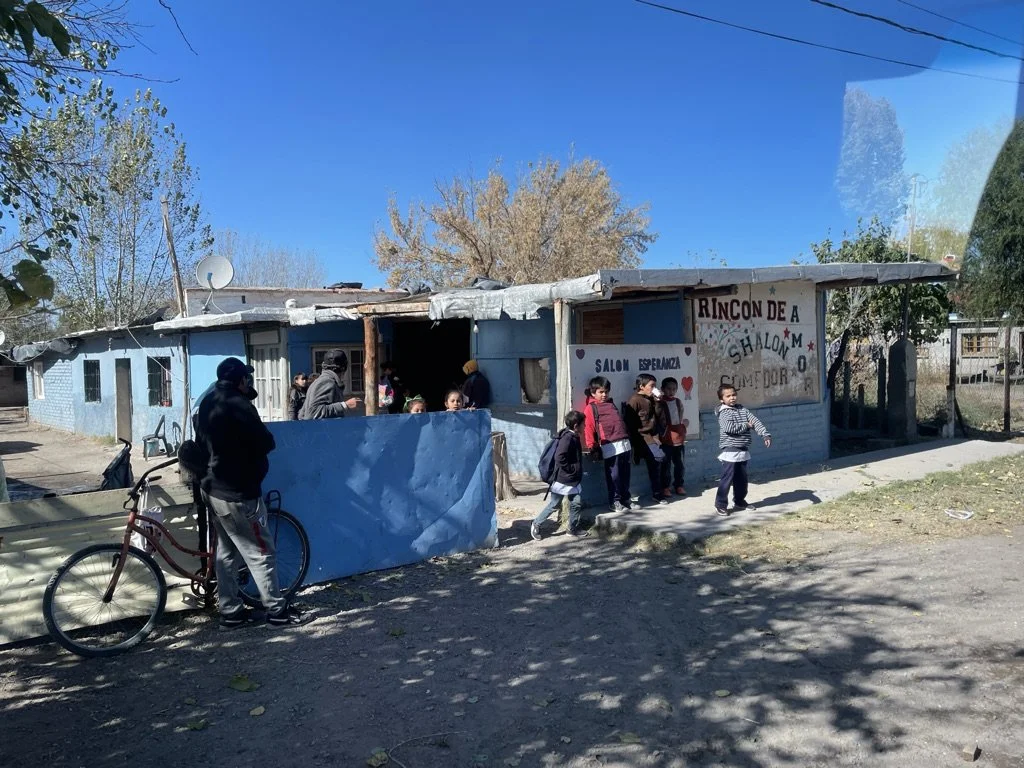Partner Background
The Vines Foundation (TVF) is a catalyst for positive change in Tunuyán, a city in the western province of Mendoza, Argentina. Tunuyán is located in the Uco Valley, a largely rural region that is known for its wine and other agricultural products. We are a dedicated partner who supports sustainable initiatives that improve the overall health and vibrancy of the Tunuyán community. TVF is the philanthropic arm of The Vines, an Argentine farming, winemaking and hospitality company with deep connections to international resources through our clients in the US, Europe and Brazil. TVF leverages these resources to meet the immediate and long-term needs and aspirations of the local community through enhancing holistic community health, improving food security, and promoting sustainable livelihoods. Through our work, we engage community members, public, and private sector partners to solve complex challenges.
Definition of Opportunity
TVF seeks to partner with the University of Notre Dame to conduct market research and employer needs assessment across the hospitality, tourism, wine, and gastronomy sectors in and around Tunuyán. The goal is to ensure that the vocational school:
Prioritizes training tracks with the highest employment demand
Aligns curriculum with specific, practical skills employers seek
Builds early pathways for internships, instructors, and job placement
Positions employers as long-term partners—not just future hirers
Student teams will engage directly with 15–20 regional employers, including: Hotels and boutique lodges, Restaurants, Wineries and tasting rooms, Tour operators and experience providers, and Event and wedding venues
Vision of Success
This project will be successful if, at its conclusion, The Vines Foundation has:
Clear, employer-validated evidence of workforce demand in the Uco Valley
Data-driven guidance to prioritize vocational certification tracks
A shortlist of employers ready to partner through internships, teaching, or hiring
Early momentum toward an employer pipeline that supports job placement from day one
Confidence that the vocational school is being designed with employers, not just for students

















